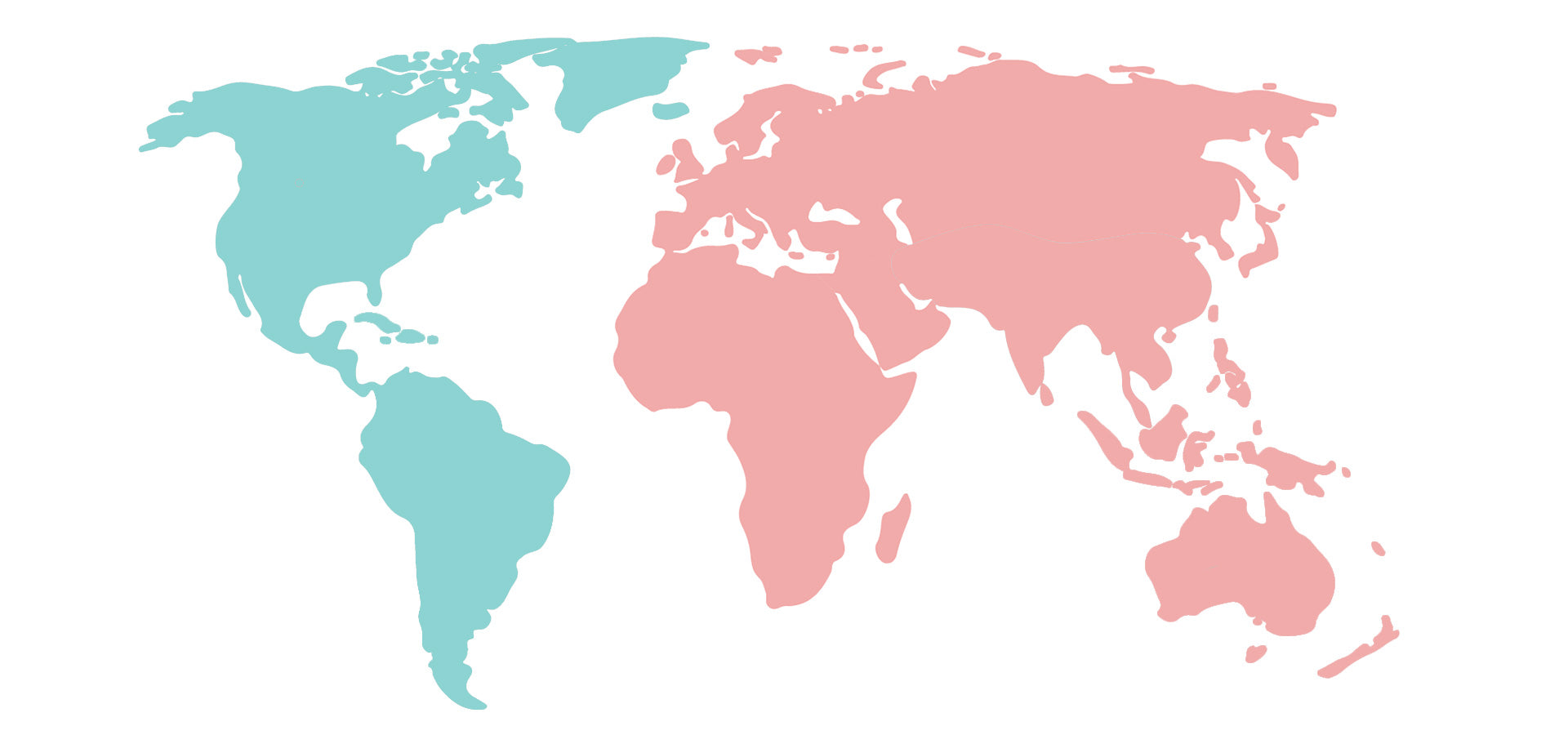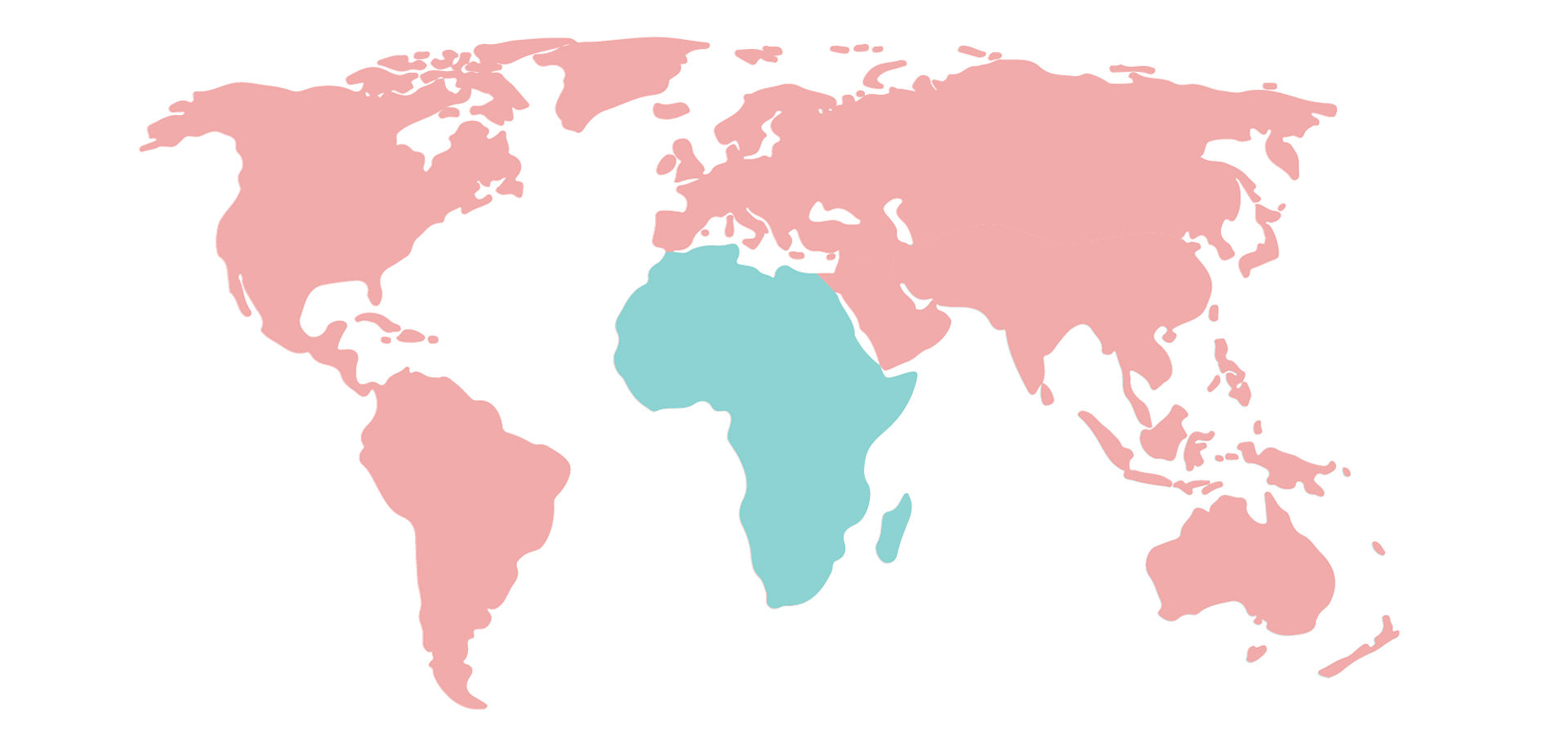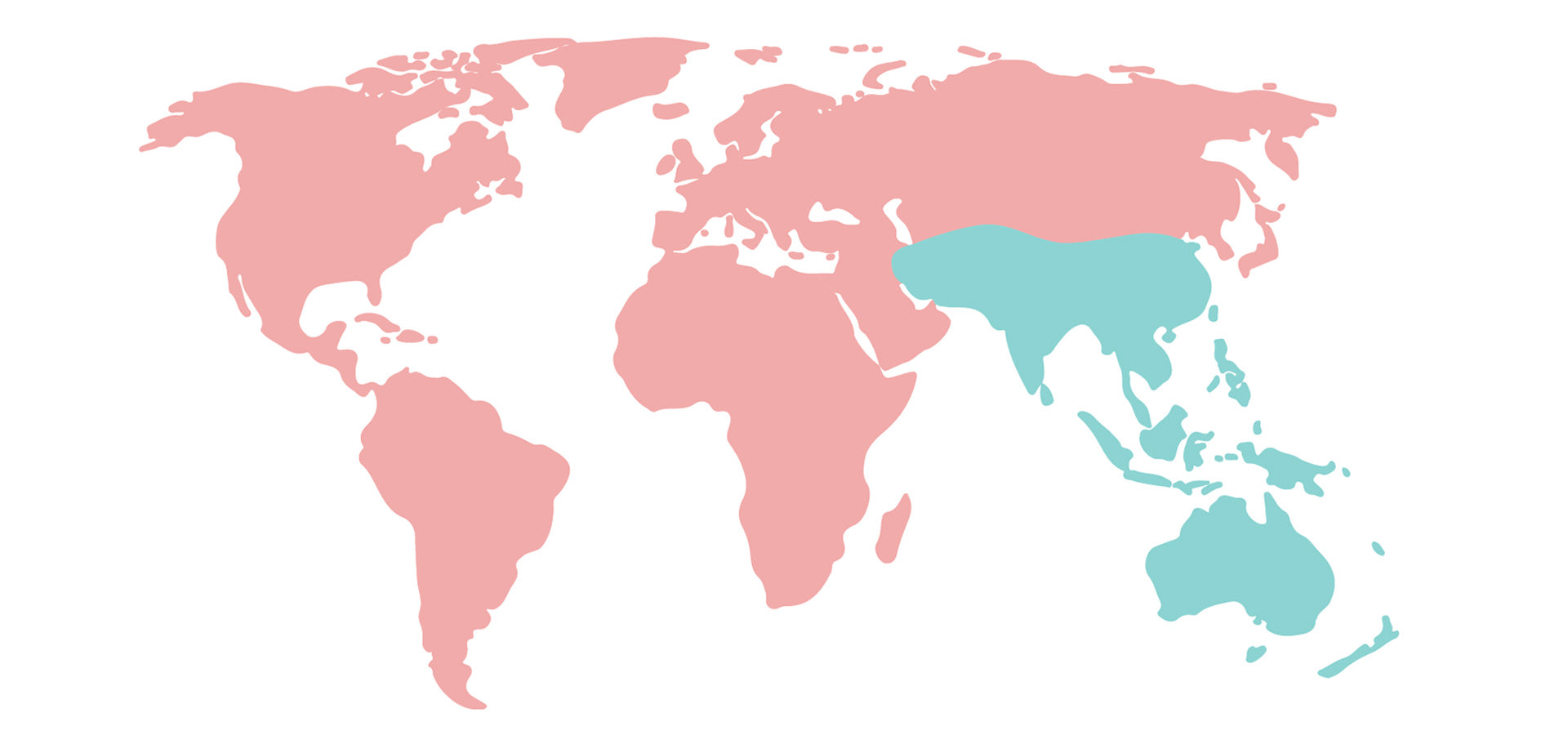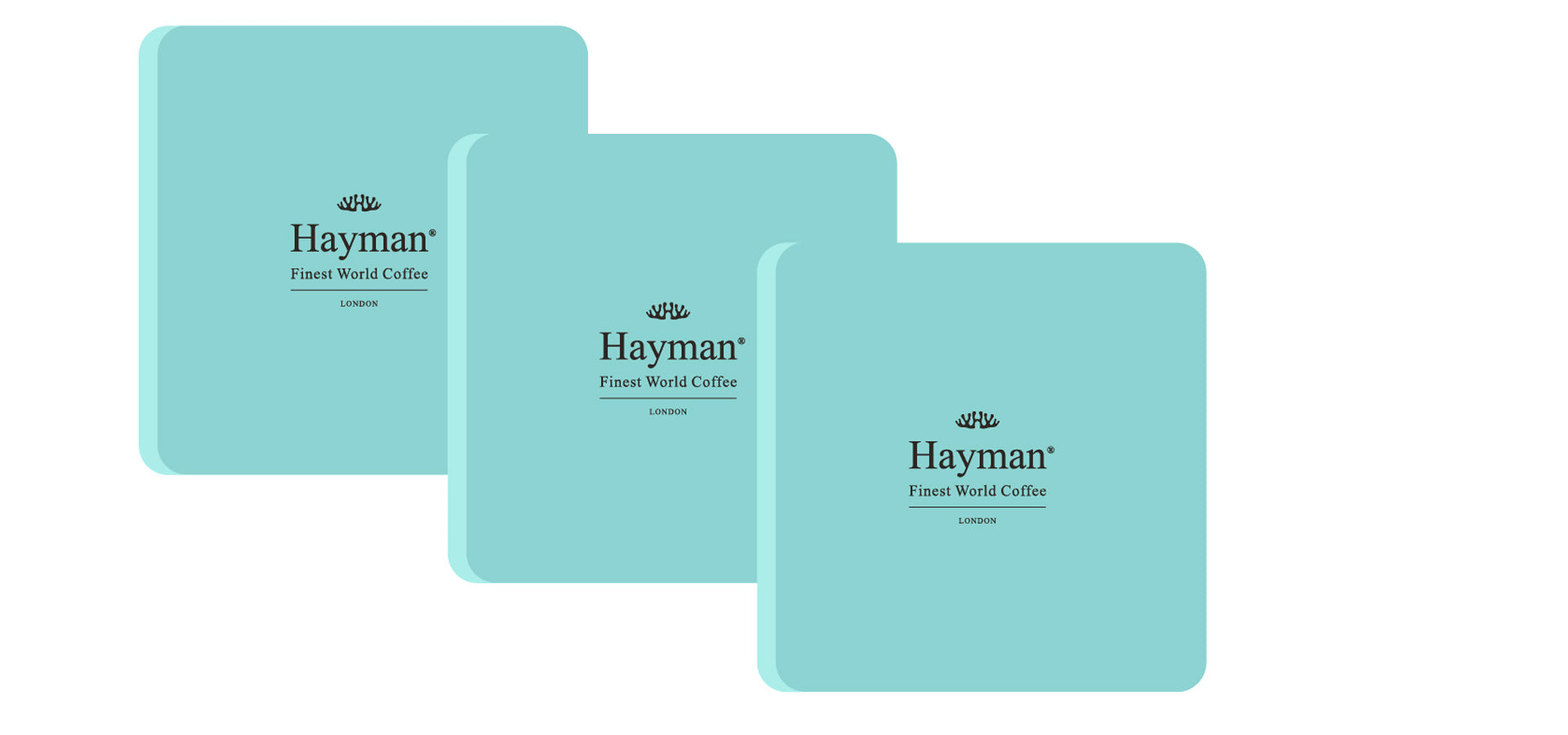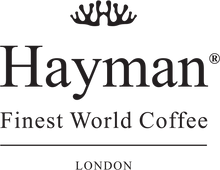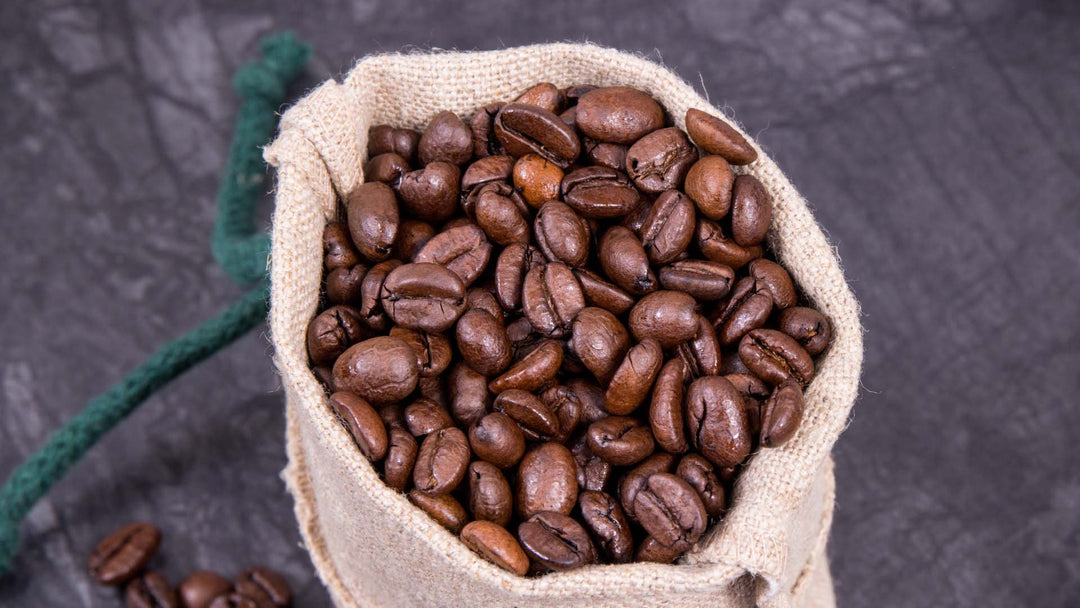Does Coffee Bean Quality Influence Caffeine Content?

Here’s a question – does the quality of a coffee bean influence its caffeine content? With gourmet coffee like Jamaican Blue Mountain coffee beans, are you naturally looking at a higher or lower caffeine content, simply due to the quality of the beans?
There are several factors that can affect the caffeine content in coffee, including the type of coffee bean, the roasting method, the brewing method, and the serving size:
1) Type of coffee bean: Arabica beans generally have about half the caffeine content of Robusta coffee.
2) Roasting method: Lighter roasts tend to have more caffeine than darker roasts.
3) Brewing method: A longer brewing time or a finer grind can increase the caffeine content.
4) Serving size: A larger serving size will have more caffeine than a smaller serving size.
Additionally, the altitude at which the coffee is grown can also affect the caffeine content. Coffee grown at higher altitudes tends to have higher caffeine levels. Hence, certain types of coffee beans (including Jamaican Blue Mountain coffee beans) may be naturally higher in caffeine, due to the conditions in which they were grown.
But on a more general basis, the answer is no – coffee bean quality does not necessarily influence caffeine content. Just as some of the finest coffee beans in the world (including some types of Jamaican coffee) can be comparatively low in caffeine, some types of generic (aka mass-produced) coffee can pack a serious caffeine content.
How Much Caffeine is There in Home Brewed Coffee?
The amount of caffeine in home-brewed coffee can vary depending on a number of factors, such as the type of coffee bean, the roasting method, the brewing method, and the serving size.
On average, an 8-ounce (240-milliliter) serving of home-brewed coffee made with a drip coffee maker contains about 95 milligrams of caffeine. However, this amount can vary widely depending on the specific beans and brewing method used.
For example, an 8-ounce serving of home-brewed coffee made with a French press can contain around 140 milligrams of caffeine, while an 8-ounce serving of home-brewed pour over coffee can contain as little as 65 milligrams of caffeine.
It is important to note that the actual caffeine content may also vary depending on the specific type of coffee beans used, the brewing time, the temperature and the coffee-to-water ratio.
In addition, when ordering specialty coffee (like Jamaican Blue Mountain coffee beans), you may be able to specify your own preferred roast level. Contrary to popular belief, darker roasts that result in a much more robust cup do not actually contain more caffeine.
Quite the opposite, as lighter roasts preserve more of the caffeine in the raw coffee beans (aka unroasted coffee beans), giving lighter roasted beans a much higher caffeine content. If looking for a particularly high-energy kick from your morning cup of coffee, why not give green coffee beans a try?
You can now order freshly roasted specialty coffee, like the delicious Jamaica Blue Mountain coffee from Hayman’s online store. They are available in different size options, from a 100g (3.5oz) to a 680g (24oz) box. You can also choose different formats, including green coffee beans, roasted whole bean coffee, best ground coffee, coffee capsules compatible with Nespresso machines*, and coffee pods compatible with Keurig K Cup coffee maker** – click here to order now, we offer free worldwide shipping!
* Nespresso® is a registered trademark of Société des Produits Nestlé S.A., unrelated to Hayman ®. Our espresso pods are not created or sold by Nespresso®.
** Keurig and K-Cup are registered trademarks of Keurig Green Mountain, Inc. unrelated to Hayman®. Our pods are not created or sold by Keurig®
